The Internet is full of different tools that aim to optimize performance and maximize output. It has become a necessity for many business owners, and a viable tool for startups. And it’s not just businesses that benefit from these instruments, many governmental institutions employ them as well.
Yet, with all these benefits, not every tool can be applied to all types of work. This is the sole reasons why there is healthcare help desk software. On the surface, they might look similar but on practice, they are different. With this in mind, let’s explore some of the most prominent healthcare help desk software. Cover their uniqueness, and touch on a few exclusive features.
Zendesk
As mentioned previously, there are many desk software for healthcare but perhaps the most known one is Zendesk. Unlike their usual helpdesk software, the healthcare help desk is specifically tailored with patients in mind. It helps nurses and other hospital representatives to approach patients more carefully by providing essential information about the person in advance. Moreover, it allows medical workers to accelerate multiple processes by providing them an optimized schedule. It’s a powerful iteration of an already robust tool.
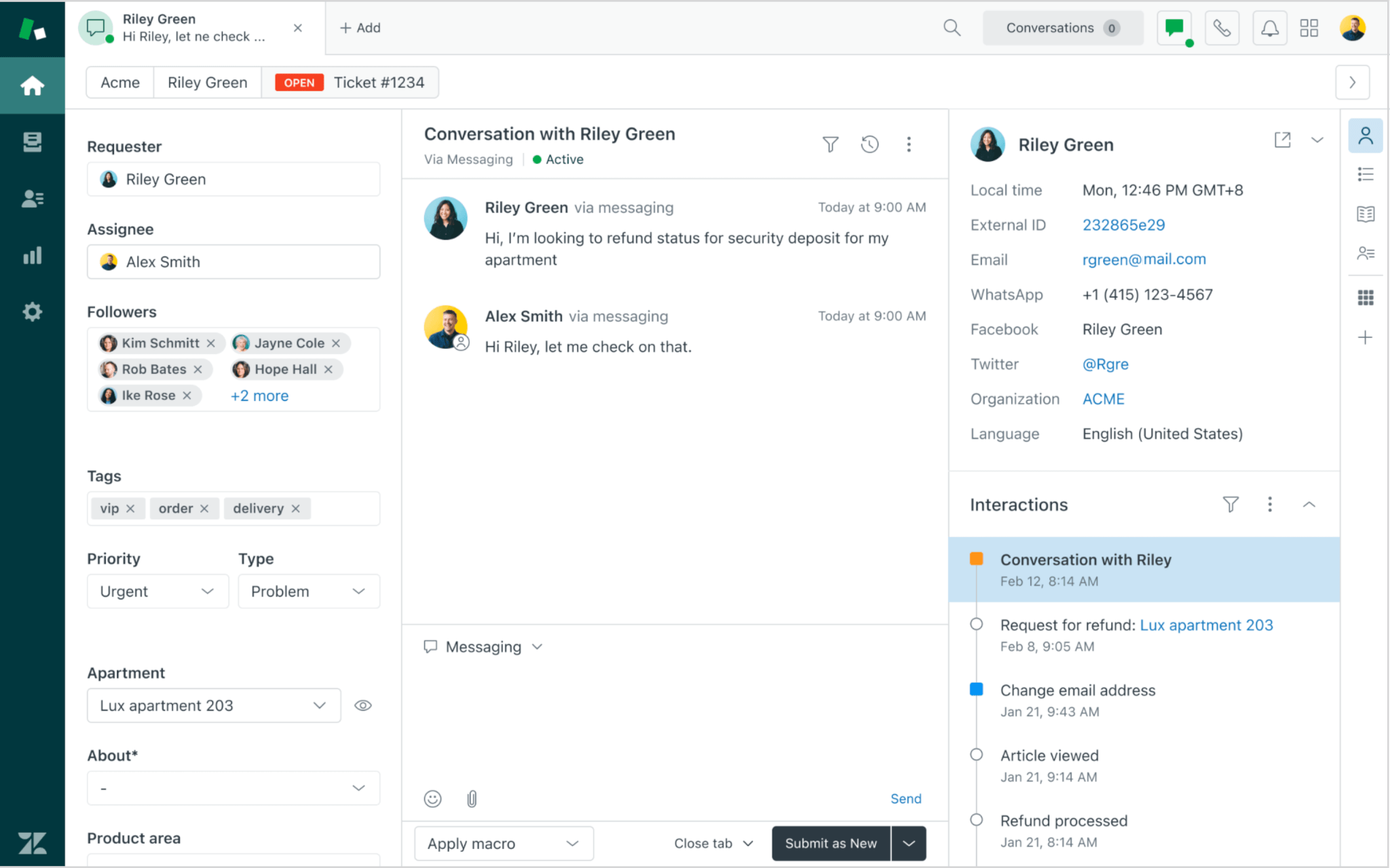
Happy Fox
Similarly to Zendesk, Happy Fox is a combination of developer experience and creativity of newcomers. The tool aims to free-up as many workers as possible and it shows. From usual stuff such as managing medical records to providing accurate health information, its a jack of all trades. What's more is that in spite of the wide arrange of tools, you will rarely encounter bugs. It works like a clock. Indeed, it was made for healthcare professionals as everything you might need, is there.
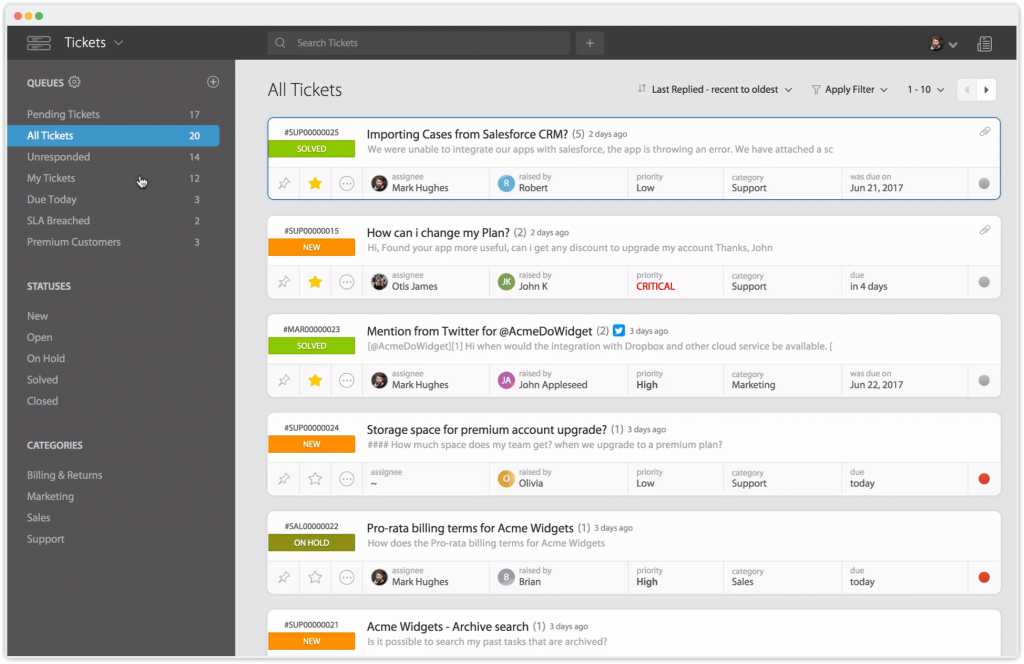
JitBit
Known for providing quality products, the JitBit desk software for hospitals is a prime example of quality over quantity. The tool allows you to manage different types of equipment, employees, and even medical records. Aside from managing, the tool can provide healthcare support which is something few aim to implement due to the dynamic nature of hospitals. The basic idea is that the tool will help you to track issues on a per patient level, meaning that you can configure it to store all kinds of medical conditions which will then be compared to historical data. This is a perfect tool for large healthcare institutions.
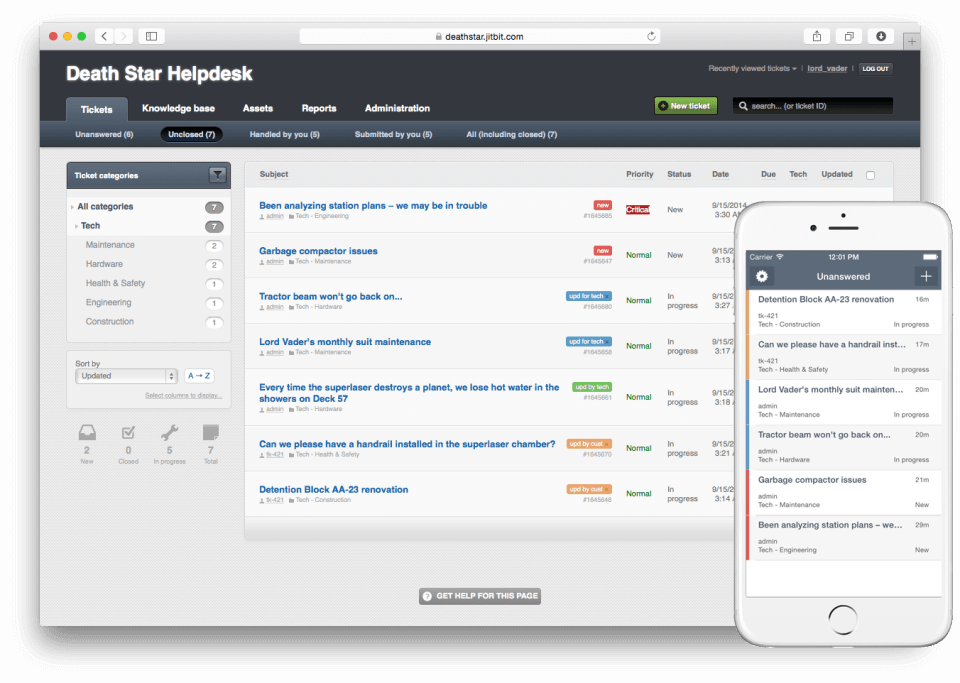
Freshdesk
Viewed as a veteran of service desk software, the Freshdesk healthcare support system is known to be one of the most prominent solutions for both large and small clinics. Judging by the amount of dedicated medical features it has, you won’t be wrong if you misinterpret as a non-healthcare help desk. The reason why many feel that way is that it is a package and not a separate version of the same tool. Indeed, if you look under the hood, it’s more than just a desk software for healthcare as it has all the bells and whistles of the regular Freshdesk. If you struggle to find a universal healthcare help desk, this might be the next best thing.
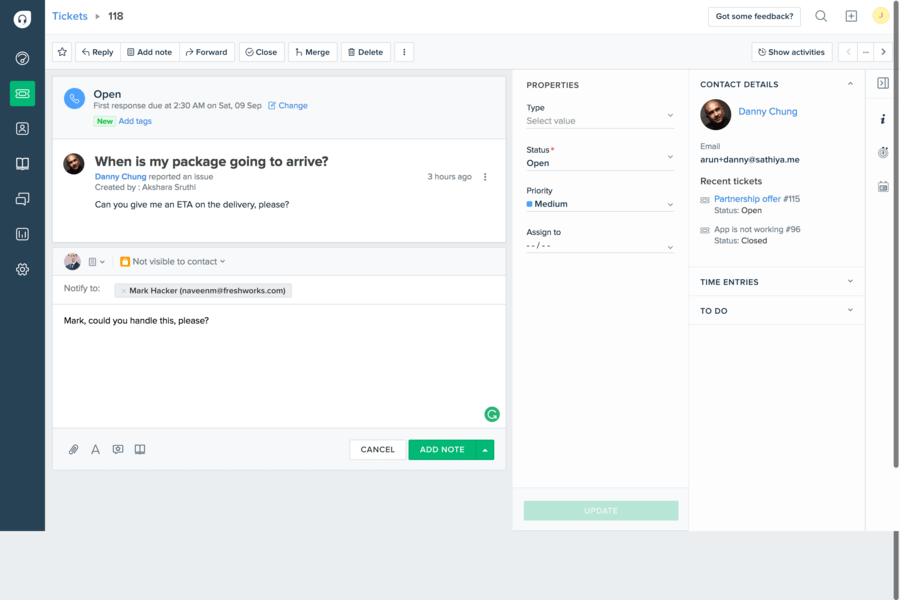
Freshservice
If there’s one company that understands what risk is then its Freshservice. The development of their helpdesk software tool was aligned with healthcare organizations and their demands. Hence why their tool is so focused on healthcare providers. It’s has a robust financial management tool, no geographic restrictions, and most importantly, real-time reporting.
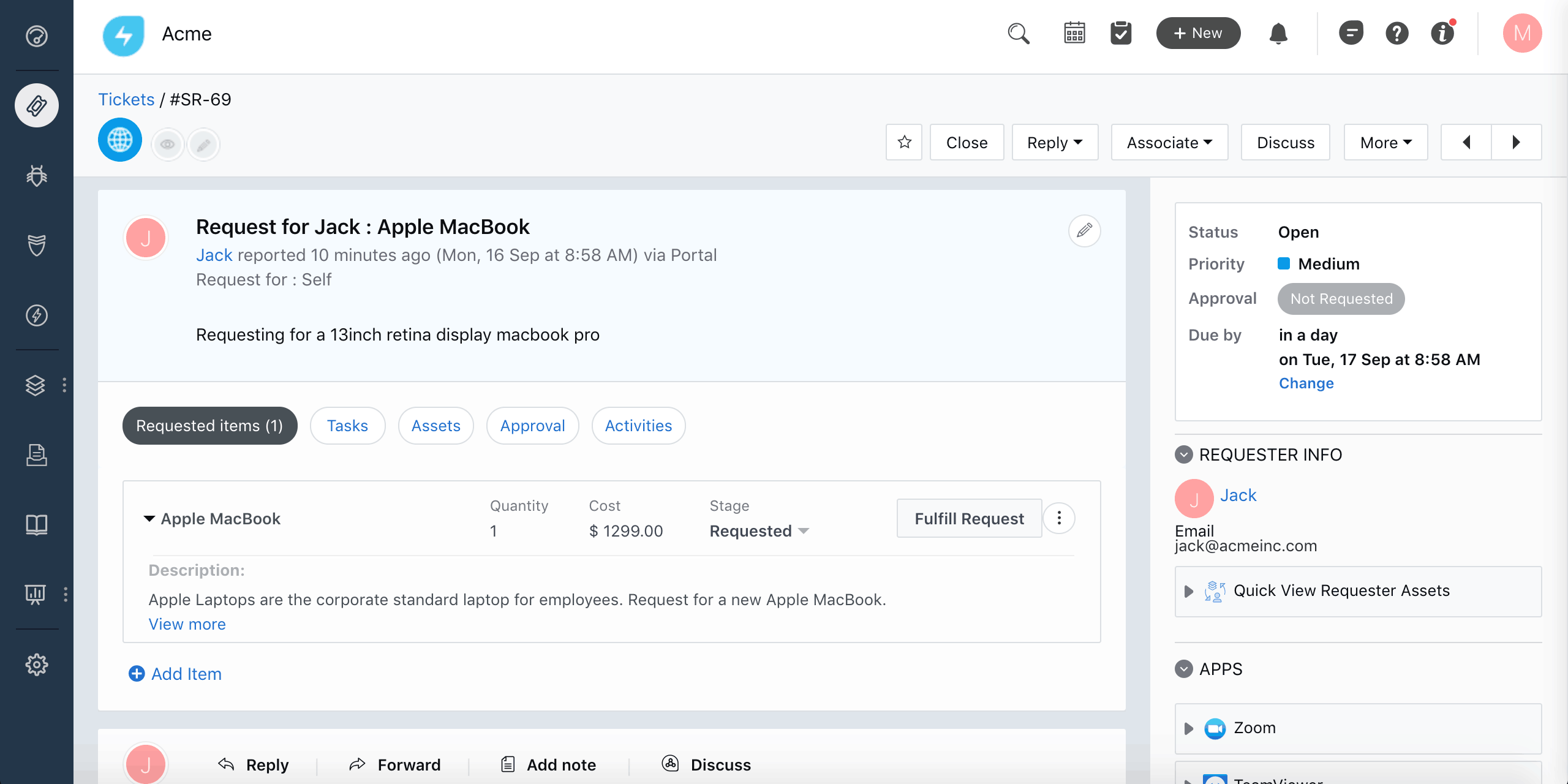
HelpSpot
Trusted by behemoths such as Mayo Clinic, Aegis, and Summit Healthcare, the HelpSpot service desk is a tool done right. And for good reasons, this desk software for healthcare is not only popular but has a few unique features. First off, with HelpSpot you can transform emails into living documents, track each and every ticket, and fully open API that can be paired with basically anything. Need health information on a certain patient, just a few taps and it will be integrated into your currently existing system. Need to check multiple healthcare providers, presto. Give this one a shot, it’s worth it.
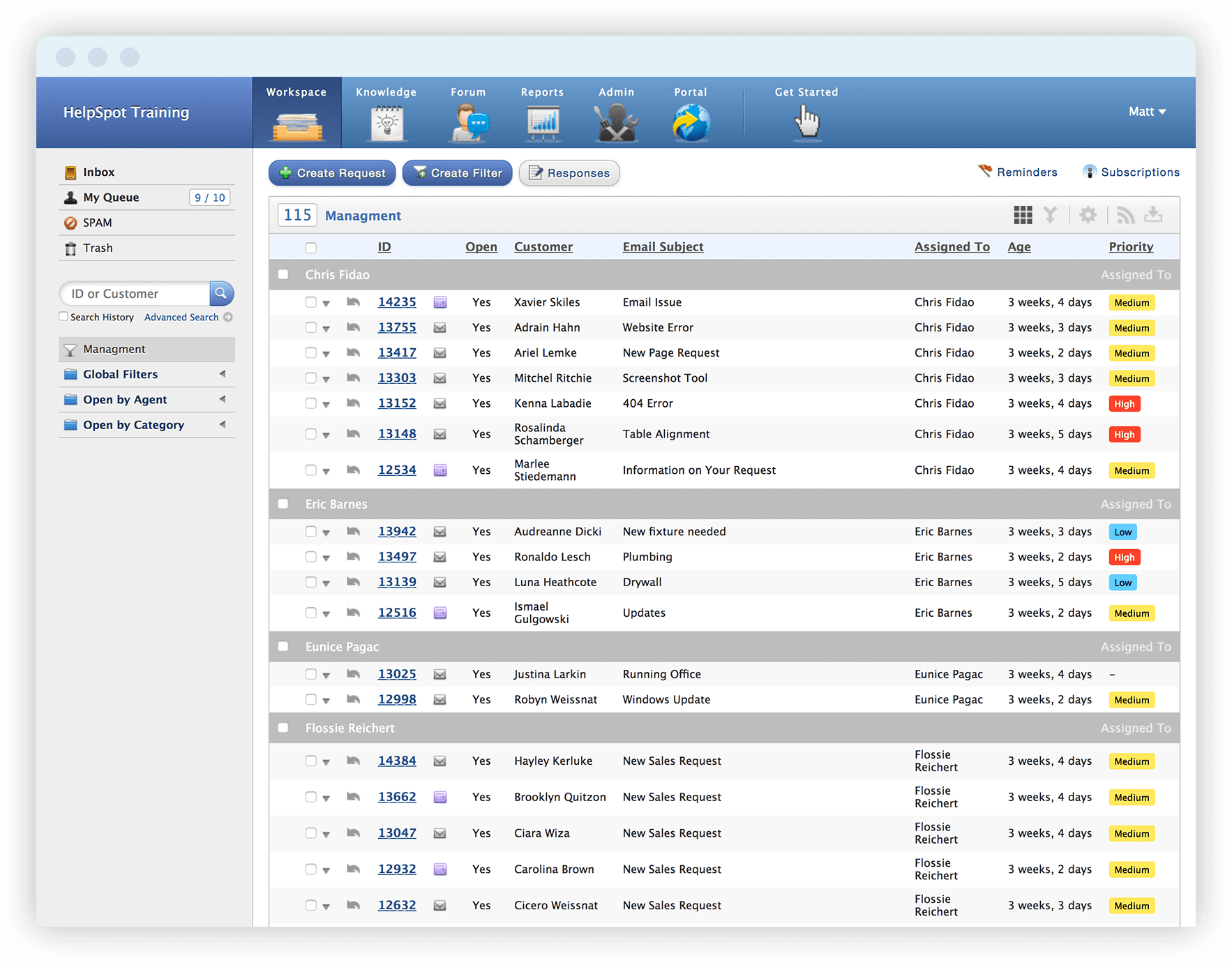
TOPdesk
Just like the previous entries on our list, TOPdesk aims to maximize delivery first and foremost. This desk software for healthcare might not be as popular but it does have everything you might need to start using a service desk. From keeping track of everything to helping patients and staff excel, it’s a perfect fit for beginners and those who are less familiar with such tools.
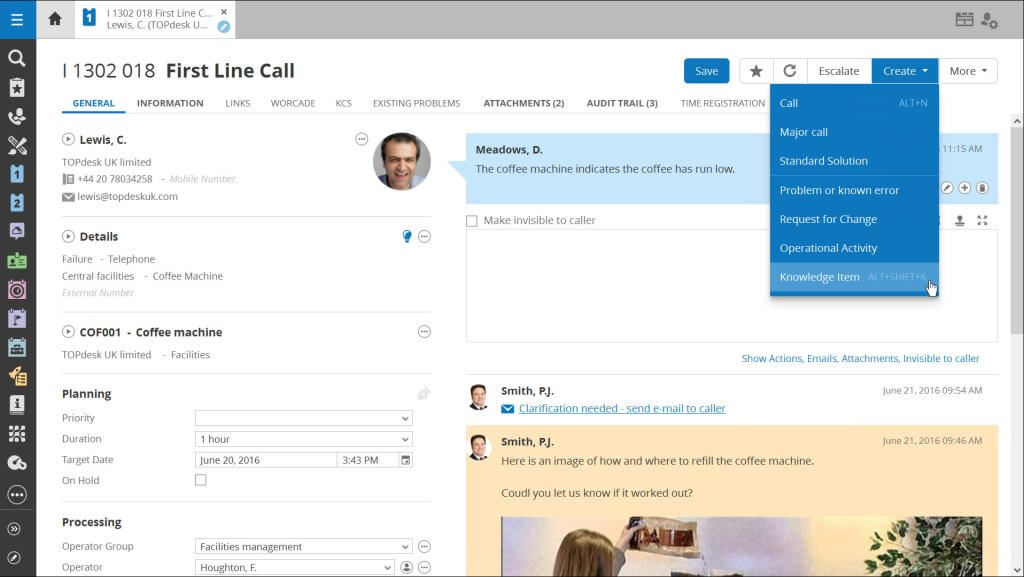
Help Scout
To kick things off, Help Scout is great. Why you might be wondering? It’s because it’s Hippa compliant. For those of you unaware, Health Insurance Portability and Accountability Act or HIPPA for short is an act that aims to safeguard patient information. Many service desk solutions employ personal data protection mechanisms but not many are HIPPA compliant. Aside from being very secure, you get everything you might expect from Help Scout. They have been in the business for a while and they know what makes a good desk software for healthcare great.
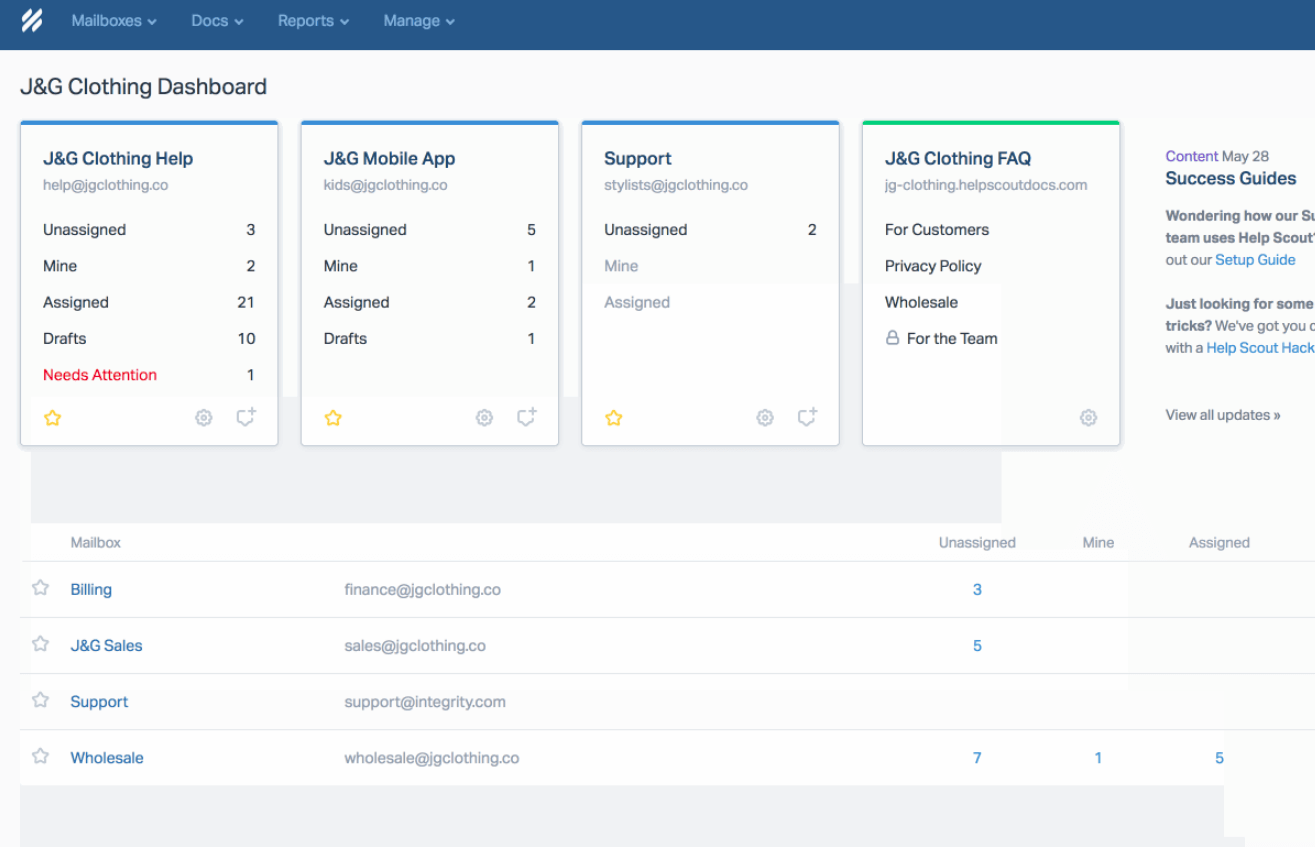
SolarWinds
Unlike the competition, SolarWinds wants to increase productivity by optimizing resources. Indeed, instead of focusing on reducing load from employees (which it also does mind you) it will help you make the best of all of your resources. Another cool thing about the tool is that it can push healthcare providers to use their currently established system to its limit. Thanks to the integrated knowledge base, you can completely transform every process.
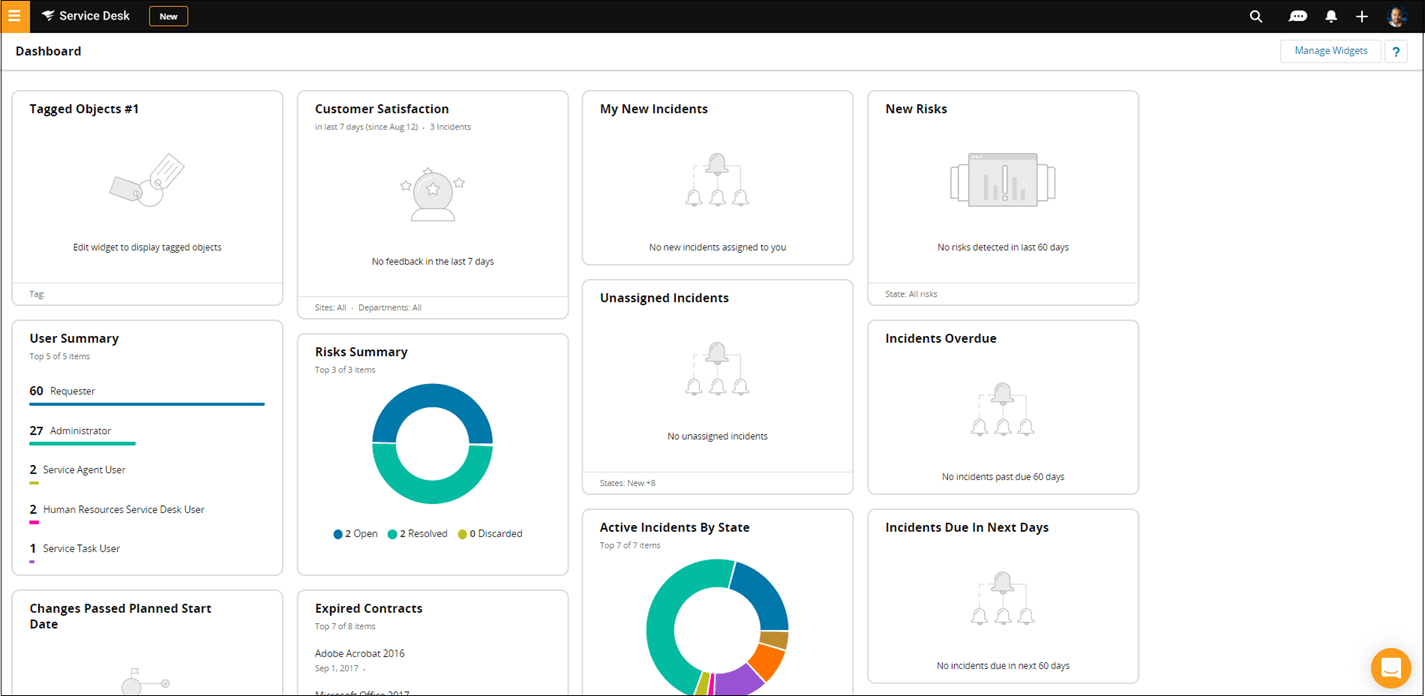
ServiceNow
Last on our list is ServiceNow. A pretty good service desk for healthcare providers that offers the ability to stop disruptions in healthcare, as well as a security system that prevents any kind of data breaches. This helpdesk software also has an ever-increasing knowledge base where you can find all kinds of cases. Lastly, the key benefit of this service desk is that it won’t cost you a fortune.
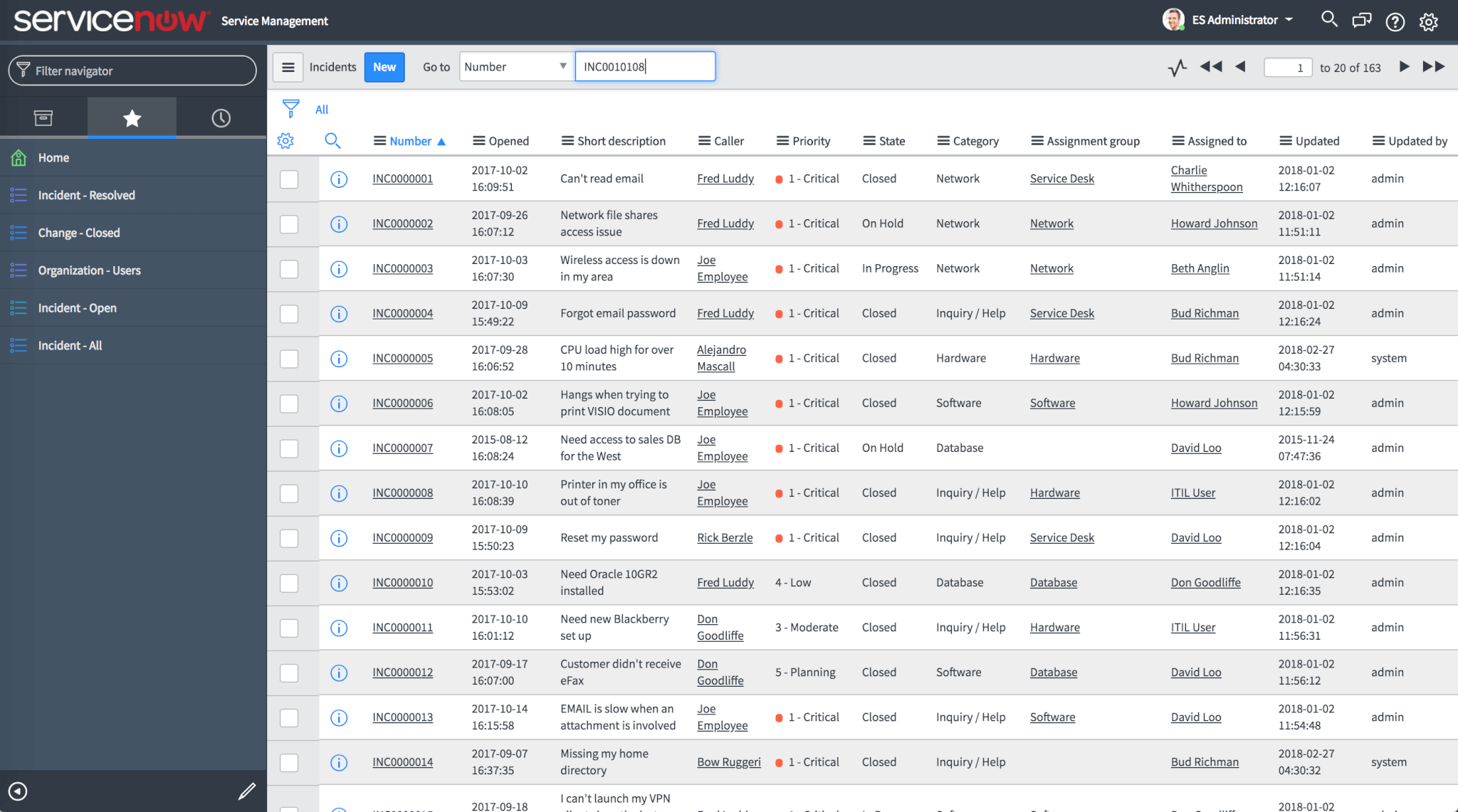
Conclusion
All in all, there are many different types of tool and each of them is great in the respectful right. If you struggle to find the right one, the above-mentioned ones are the best of the bunch. They are created with hospitals in mind and have all the features you might need but for now, this is all we’ve got.



